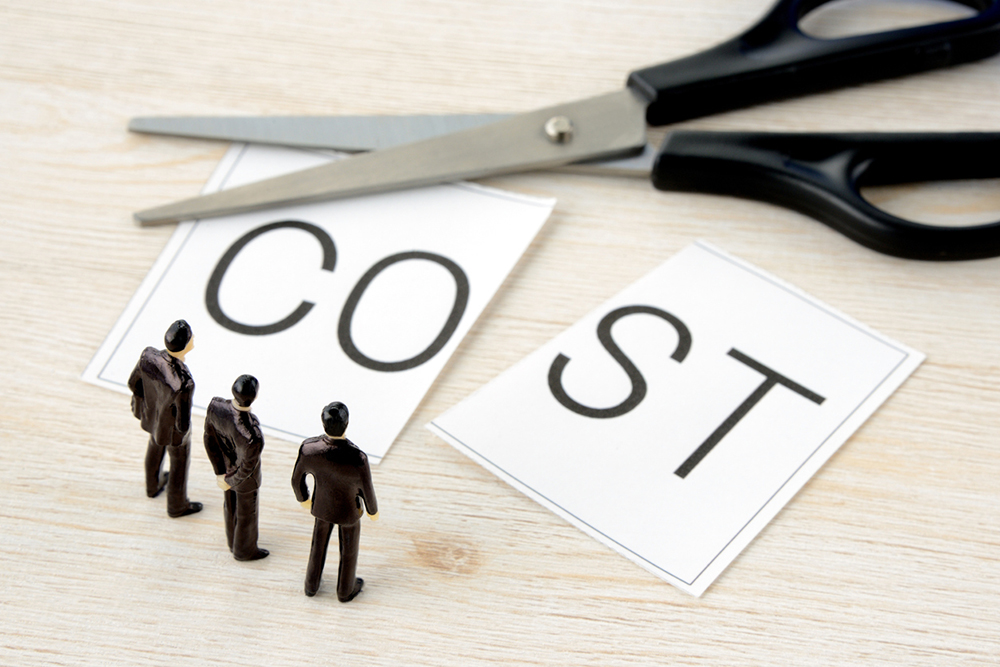Advertisement
Per Spindler at Biopeople

Biopeople is a gold-label Danish life science cluster. Director Per Spindler tells the secrets of its success.
Per Spindler’s career spans veterinarian to startup vice president. He has degrees in toxicology and business, and expertise in drug development and regulation. He uses all this experience in his current job.
Spindler directs Biopeople, a life science cluster located at the University of Copenhagen. A cluster, he explains, is a group of diverse partners working to advance an industry. To see the concept in action, he says, consider the Biopeople biomarker working group. It has experts in R&D and information technology plus anthropologists to study end-user views about products. Biopeople fosters these types of collaborations within Denmark and globally through networking. With a staff of only five, Biopeople hosts seminars, workshops, and get-together events in Denmark every month. They lead delegations to international meetings, for example to the 2016 Tel Aviv Life Science Innovation Hub.
“The Biopeople goal,” says Spindler, “is growing Danish life sciences through collaborations that lead to innovations such as new products, processes, and competencies.”
Spindler has directed Biopeople since its founding in 2005. Funding is from the Danish Agency for Science, Technology and Innovation of the Ministry of Higher Education and Science with added support from, for example, EU grants.
“Biopeople offers an introduction to stakeholders,” says Spindler, including Danish hospitals, universities, and companies. “As a cluster organization,” he says, “Biopeople can really make a difference for small companies and academic scientists.”
Networking know-how
Spindler excels at networking. For example, the current Biopeople priority themes include the paradigm shift in healthcare that includes increased patient engagement. Biopeople facilitates collaborations among hospital administrators, patient advocacy groups and researchers.
“It takes a lot of experience to bridge people,” he says. “At Biopeople, we have that experience.”
Sven Frøkjær, vice dean, Faculty of Health and Medical Sciences, University of Copenhagen, agrees. He cofounded two biotech companies focused on drug development and delivery: Lica Pharmaceuticals and LiPlasome Pharma. Frøkjær, who is vice-chairman of the Biopeople Steering Committee, attributes the Biopeople success to a strong internal organization with a highly experienced staff. Of Spindler, Frøkjær says, “He’s frank, open, and dedicated. He takes tasks like leading DIA [Develop Innovate Advance, a global health-product consortium] that support the overall Biopeople objective. He has a wide personal network in the life science sector.”
Spindler says his job is “managing leadership” to grow the life science industry, including through the European Secretariat for Cluster Analysis (ESCA). ESCA is a network of organizations like Biopeople to strengthen European clusters. Part of the mission is awarding bronze, silver, and gold labels to clusters using quality indicators such as in governance and financing. In 2013, Biopeople was the first European Life Science cluster to earn an ESCA gold label. This year, Spindler chairs the ESCA group that awards gold labels.
The gold label, says Spindler, indicates a robust organization. It has financial advantages, for example access to EU grants that require this status. Biopeople’s achievement reflects extraordinary regional strengths, says Spindler. “There’s strong support for the life sciences in Denmark, with excellent universities, regulatory authorities, and industries.” To be part of this award-winning network, Spindler says, “Come to a Biopeople event. We want to attract as many people as possible.”
Facts: Per Spindler
EDUCATION: 1991, DVM, University of Copenhagen; 2001, MSc, Applied Toxicology, University of Surrey; 2005, Executive MBA, CBS Executive
SELECTED OTHER POSITIONS: Vice President, Bioimage A/S; Project Management, Lundbeck and Novo Nordisk; Chief Scientific Advisor, Danish Medicines Agency; Pathologist, Danish Food Agency; Veterinary surgeon
BIOPEOPLE: Biopeople is located at the University of Copenhagen as part of the Danish infrastructure for innovation established and cofunded by the Ministry of Higher Education and Science.
Updated: February 4, 2025, 03:21 pm
Published: February 1, 2017












